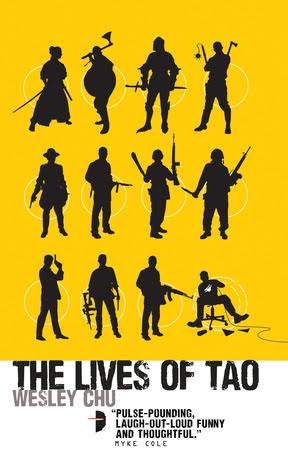Far From the Madding Crowd, by Thomas Hardy
First published in 1874, Hardy’s novel of romantic entanglements and farming rural life is set in a fictional county Wessex of its day, though its heroine distinctly out of her time. Even before Bathsheba Everdene finds herself in a station of authority and wealth, she’s prone to saying things like, “Well, what I mean is that I shouldn’t mind being a bride at a wedding, if I could be one without having a husband.”
Gabriel Oak, a wandering salt-of-the-earth young man, is a somber foil to Bathsheba. They first meet when his prospects appear good, but as in so many of Hardy’s novels, bad luck as much as bad timing serves to come between principals. And so it goes with Gabriel and Bathsheba. When a flock of sheep Gabriel is tending is accidentally driven over a cliff, he is instantly ruined. When next they meet, he is the wandering hero who appears suddenly, one night when a barn on Bathsheba’s land has caught fire. When the veiled landowner comes to thank him, Hardy skillfully calibrates events to portray the differences between what we might call authentic love and the varieties of infatuation and obligatory feeling that can get in the way.
Sergeant Francis Troy is another obstacle, a means for Hardy to expound on the kind of relationship that is interesting in the moment, but clearly not meant for the long term:
Bathsheba loved Troy in the way that only self-reliant women love when they abandon their self-reliance. When a strong woman recklessly throws away her strength she is worse than a weak woman who has never any strength to throw away. One source of her inadequacy is the novelty of the occasion. She has never had practice in making the best of such a condition. Weakness is doubly weak by being new.
Far From the Madding Crowd is also about what constitutes attraction, the push and pull of desire and the traits that attract or repel:
We learn that it is not the rays which bodies absorb, but those which they reject, that give them the colours they are known by; and in the same way people are specialized by their dislikes and antagonisms, whilst their goodwill is looked upon as no attribute at all.
Personal, financial and moral ruin tends to divide Hardy’s characters, as do entanglements, missed signals, and tragic separations. These are as much a part of this story as the marking of the seasons, the spirituality of nature, and the agrarian world of mowing hay and shepherding and harvest.
—Lauren Alwan

